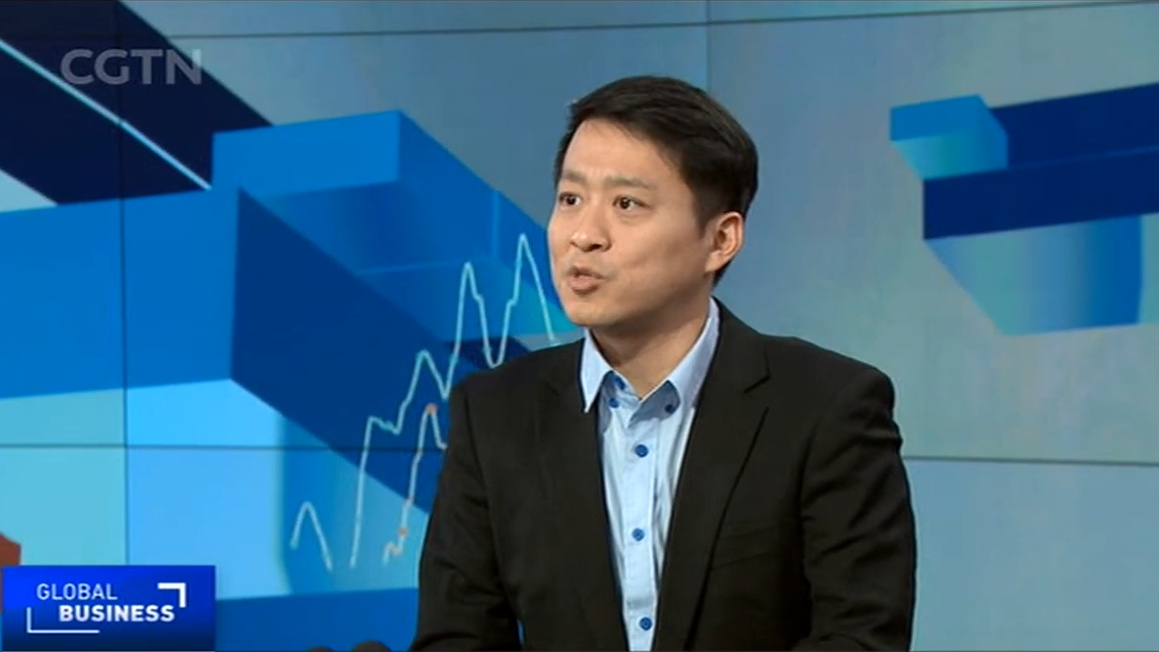03:37

China's science and technology innovation board, or the STAR market, needs time to mature and grow in size amid criticisms of less-than-stellar performance of recent listings, said Qu Qiang, assistant director of the International Monetary Institute, Renmin University of China.
STAR market, dubbed China's very own Nasdaq-styled tech board, launched with much fanfare in July, and has seen 56 tech companies being successfully listed to date. Recent listings saw less gains than those initial huge jumps that was seen when it first launched.
"People are still watching how stock market is performing and how companies are performing there," Qu told CGTN.
Qu said that Nasdaq also took several years to grow to its current size, and similarly STAR market "just needs some time".

Qu Qiang, assistant director of the International Monetary Institute, Renmin University of China, says China's STAR market needs more time to mature. /CGTN Photo
Qu Qiang, assistant director of the International Monetary Institute, Renmin University of China, says China's STAR market needs more time to mature. /CGTN Photo
On whether there's any necessity to spur greater demand by loosening regulations, such as the requirement for investors to least half a million yuan and two-year experience to trade on STAR, Qu stressed that the laws are in place to protect investors.
"I think they do have relevance. Investor protection is necessary because this is high-risk board."
"For example, companies like Amazon, was losing money in its younger days, like 10 years before growing to such a giant. So nobody really knows what these high-tech companies can grow into. Look at the Nasdaq, we only focus on Facebook and et cetera but you still have to look at the losers, they die after a few years."
Qu added that it was important to "control the animal spirits" as a larger pool of investors may mean volatile market, which he said was not healthy.
The STAR market was created as part of China's capital market reform to spur greater interest in companies in the high-tech and strategic emerging sectors with less strict listing criteria but higher requirements for information disclosure.